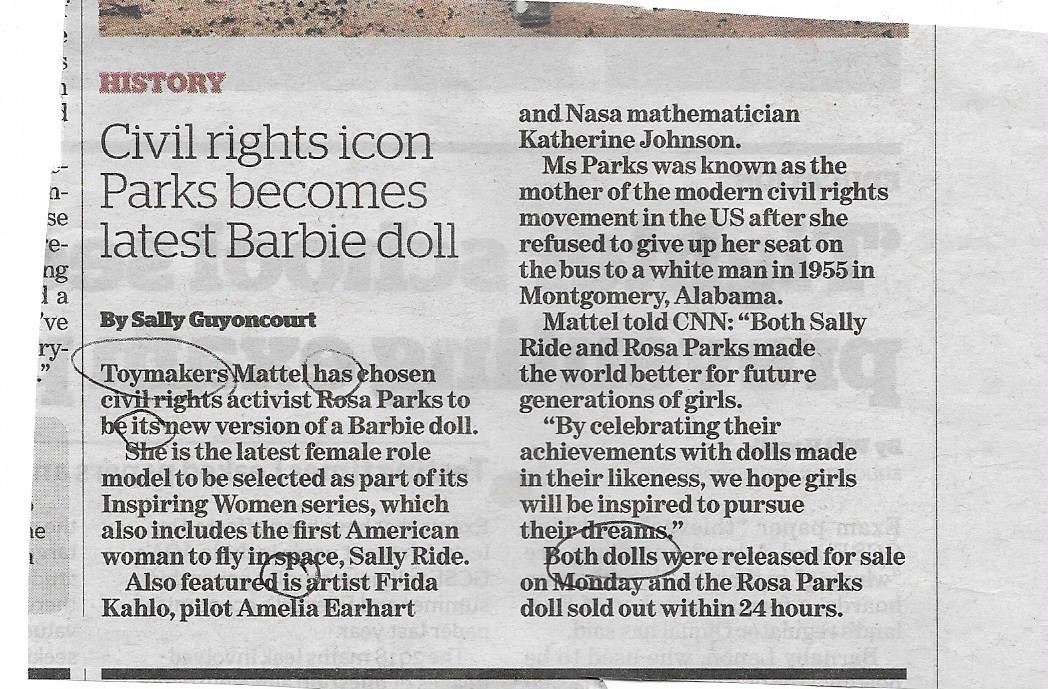 i newspaper, August 28, 2019
i newspaper, August 28, 2019
Shall we declare the concept of singular and plural redundant?
In the intro, ‘Toymakers’ is plural (clue: ends with an ‘s’) so should be ‘have chosen’ and ‘their new’. It would be better to make ‘Toymaker’ singular so that it all hangs together.
In the third par, ‘Also featured’ should be followed by ‘are’ not ‘is’ if, as here, you are mentioning more than one person.
By the end of the third par five women have been named, so why in the last par does it say ‘Both dolls’? If only the first two have been put on the market, the third par should say: ‘Others to be featured are . . .’ (which avoids the much over-used ‘also’). If they are already on sale it should say ‘Others who have featured are . . .’
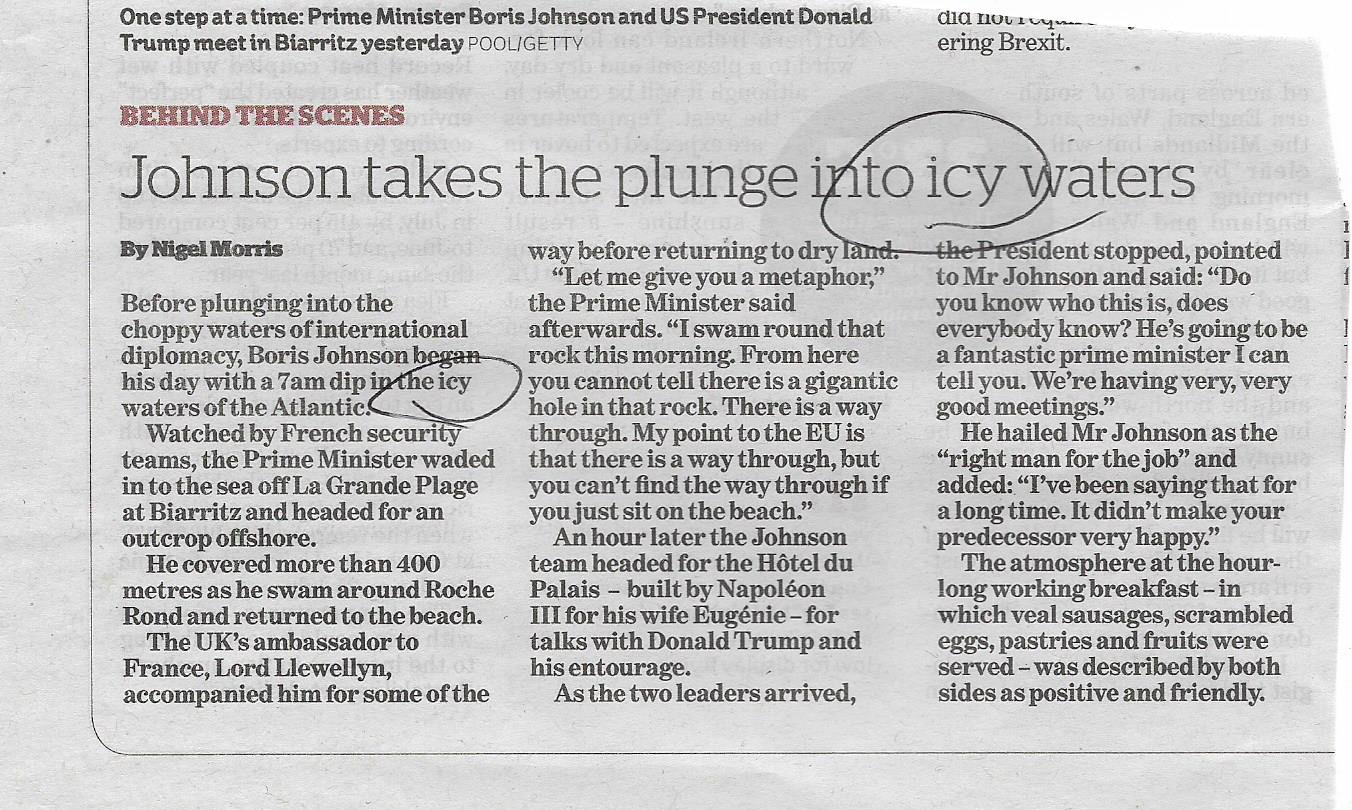 i newspaper, August 26, 2019
i newspaper, August 26, 2019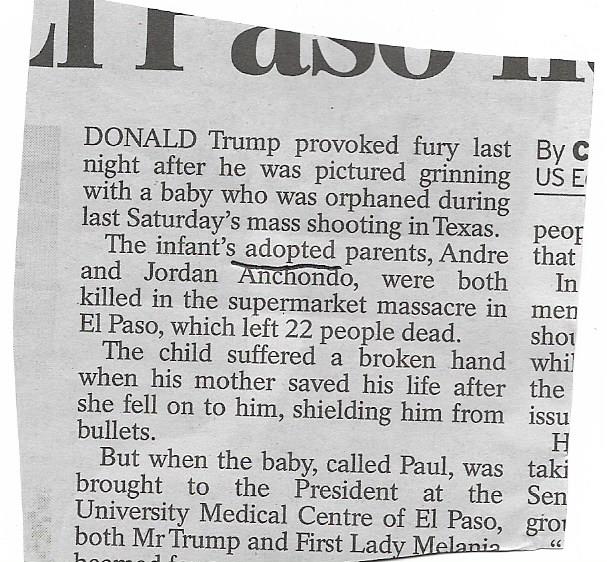 Daily Express, August 10, 2019
Daily Express, August 10, 2019
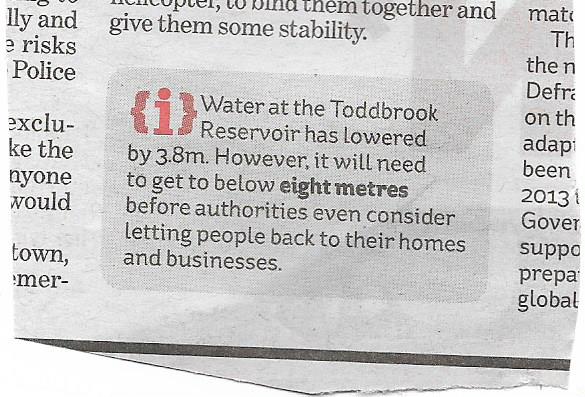
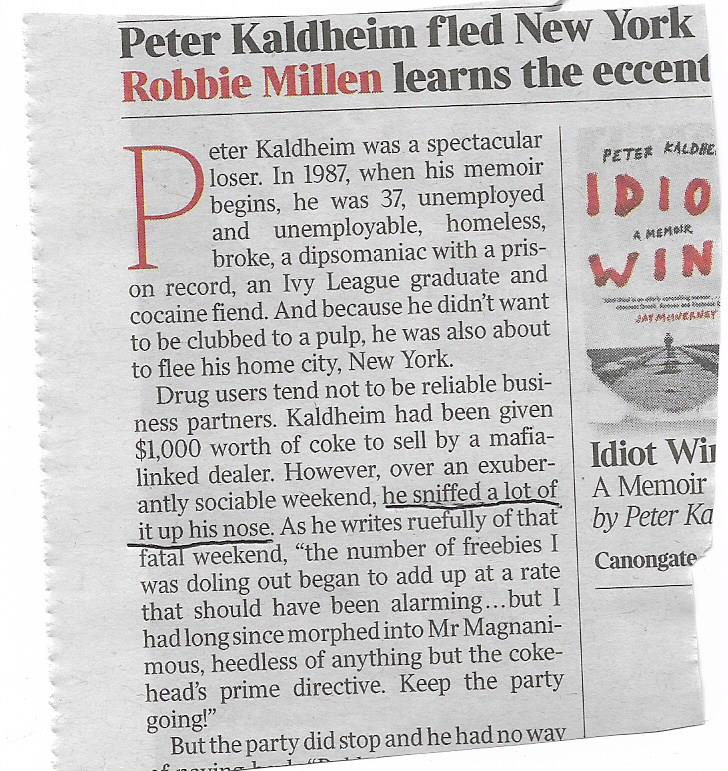 The Times, August 3, 2019
The Times, August 3, 2019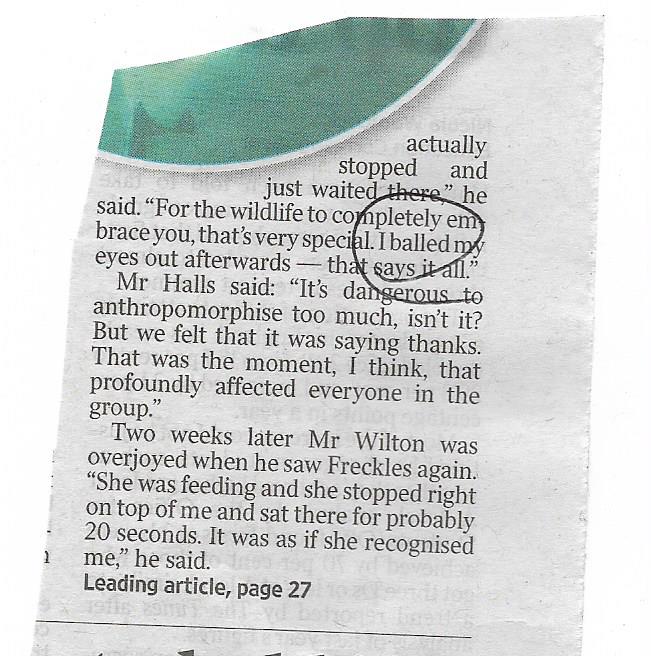 The Times, July 12, 2019
The Times, July 12, 2019